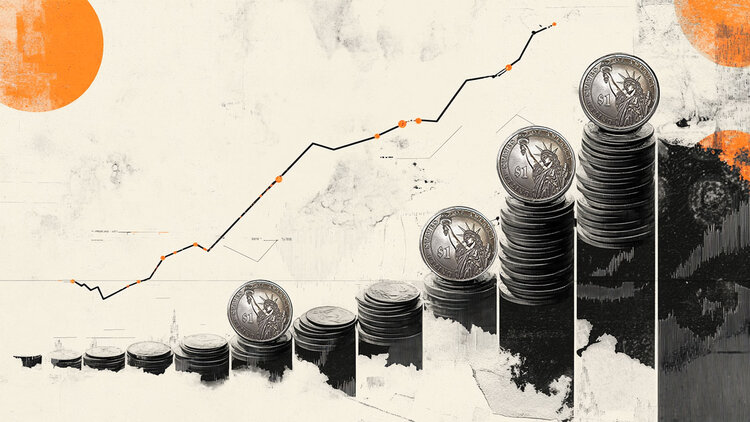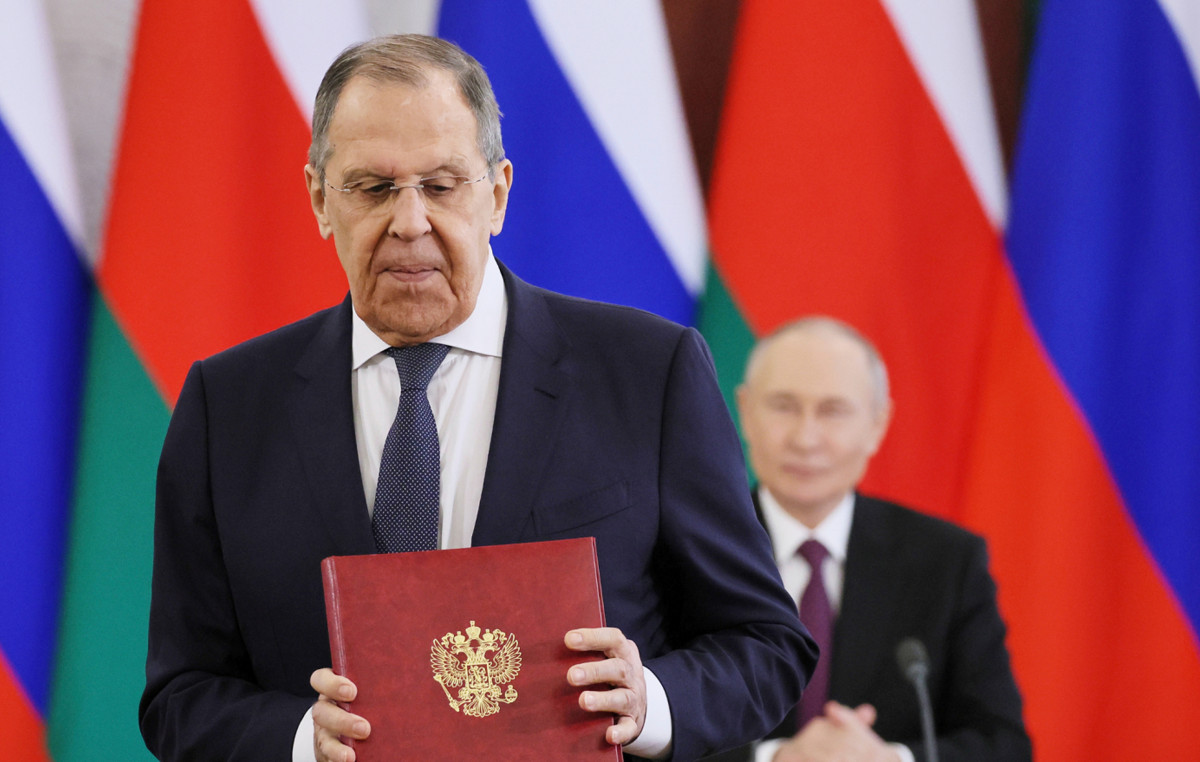Bloomberg published an overview material, from which it follows that the collapse of the FTX exchange had a negative impact on the United Arab Emirates, where officials are actively promoting crypto assets.
In March, the FTX cryptocurrency exchange received a license from the Dubai Virtual Assets Regulatory Authority (VARA). The company opened a regional headquarters in the emirate and at that time was the first and only licensed exchange in the UAE, the authors of the Bloomberg material state.
Dubai World Trade Center Authority CEO Helal Al Marri enthusiastically approved of the license and said he trusted VARA’s assessment of FTX’s security and prospects for cooperation.
However, since FTX filed for bankruptcy and investigations into FTX CEO Sam Bankman-Fried were launched in several countries, from the US to the Bahamas, UAE officials have distanced themselves from issuing work permits. Information about the license has disappeared from the regulator’s website.
A VARA spokesperson said that FTX has not gone through the licensing process to the end and is not authorized to connect any customers or start operations. The license would allow FTX to deploy crypto derivatives and trading services to institutional investors.
About 4% of FTX’s global customers are based in the UAE, according to court documents in the company’s bankruptcy case, making the country one of the 10 jurisdictions most affected by the collapse. Amid the collapse of FTX, local marketplaces Rain Financial and BitOasis have reduced headcount in Dubai. At the same time, the UAE noted a sharp decline in investments in national crypto hedge funds, and some investors shifted their focus to more traditional investment instruments.
The downfall of FTX was the second major blow to the UAE’s efforts to become the world capital of the cryptocurrency industry. Three Arrows Capital’s hedge fund collapsed in June, just weeks after receiving a temporary license in Dubai.
According to CryptoCompare, after the cessation of operations on the FTX site, the share of the Binance cryptocurrency exchange in the global trade in crypto assets increased to almost 50%. At the November 16 summit in Abu Dhabi, economist Nouriel Roubini called Binance a “walking time bomb,” accused Dubai regulators of unjustifiably giving crypto firms preferences, and urged officials to remove all divisions of the exchange from the UAE.
Source: Bits
I am an experienced journalist, writer, and editor with a passion for finance and business news. I have been working in the journalism field for over 6 years, covering a variety of topics from finance to technology. As an author at World Stock Market, I specialize in finance business-related topics.







